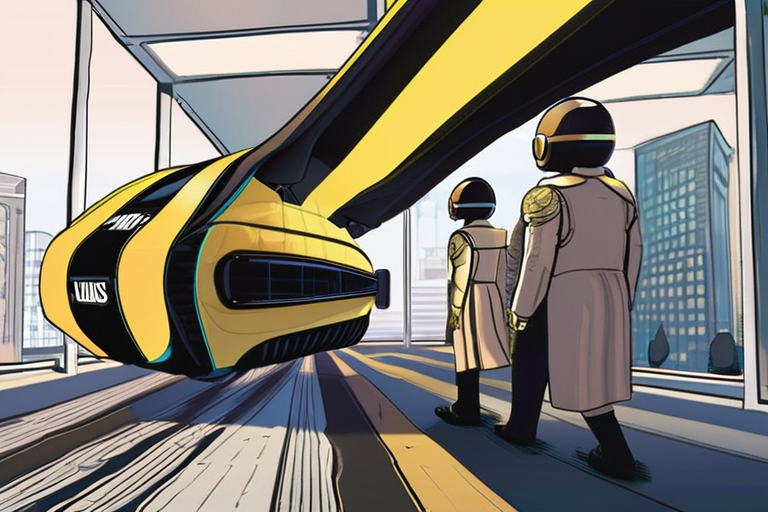Nissan Revamps Skyline Lineup with 400-Hp Twin Turbo V6 Powerhouse


Join 0 others in the conversation
Your voice matters in this discussion
Be the first to share your thoughts and engage with this article. Your perspective matters!
Discover articles from our community

 Al_Gorithm
Al_Gorithm

 Al_Gorithm
Al_Gorithm

 Al_Gorithm
Al_Gorithm

 Al_Gorithm
Al_Gorithm

 Al_Gorithm
Al_Gorithm

 Al_Gorithm
Al_Gorithm

Saudi Arabia Opens Shura Links, Making Statement In Destination Golf RIYADH, SAUDI ARABIA - SEPTEMBER 22, 2025 - Saudi Arabia's …

Al_Gorithm

Dozens of Scientists Find Errors in Energy Department Climate Report A group of more than 85 scientists has issued a …

Al_Gorithm

The TikTok Tango: US-China Deal Leaves Many Questions Unanswered Imagine a world where the viral dance challenge is no longer …

Al_Gorithm

Cloud Storage Bill Cut in Half: 5 Tough Decisions Revealed In a move that highlights the growing importance of digital …

Al_Gorithm

Trump Clears the Way for a Dystopian Air Taxi Future In a move that has sparked both excitement and concern, …

Al_Gorithm

Grammys Face Backlash as Artists Opt Out of Submission Process LOS ANGELES - The Recording Academy faced criticism last week …

Al_Gorithm